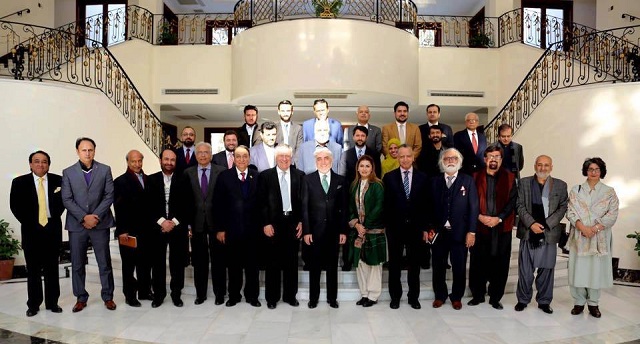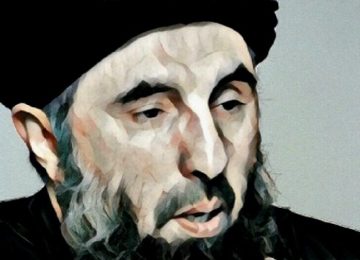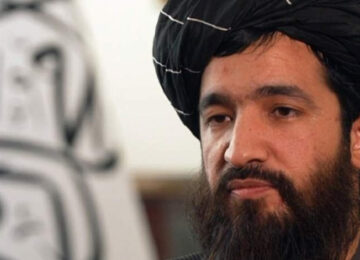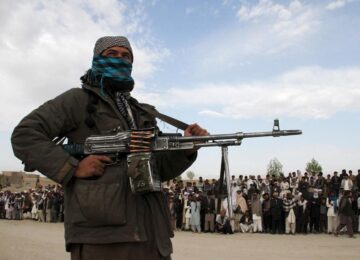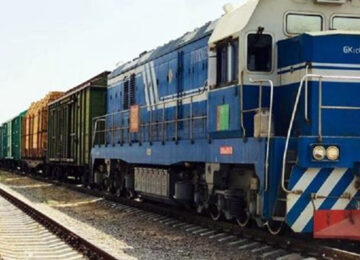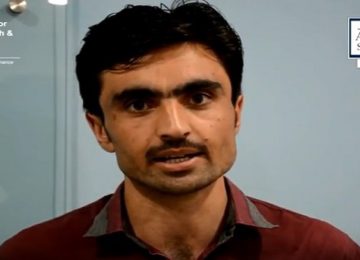A meeting with Chief Executive of the Afghan National Unity government Dr. Abdullah Abdullah and Abdul Raoof Ibrahimi, the speaker of the Afghan parliament – Oolassi Jirga – left us wondering whether recent exchanges between Kabul and Islamabad at the Directors General Military Operations (DGMOs) level and the obvious restrain of hostile rhetoric reflects yet another round of optimism in the chequered Pak-Afghan relations.
In a first unusually long and passionate interaction with Pakistani and Afghan members of Beyond Boundaries – a Track 11/1.5 initiative at his sprawling palace in Kabul (December 16), Dr. Abdullah Abdullah was all ears for Pakistani delegates including MNAs Rana Afzal Khan (PML-N) and Shazia Marri (PPP) and senators Shibli Faraz (PTI) and Murtaza Wahab (PPP).
Dr. Abdullah, in what was certainly a departure from the past, looked extremely engaging and kept asking the Pakistani visitors as to what they and their compatriots thought of the present-day Afghanistan. He was curious to know the status of Pakistan-funded development projects in Kabul and elsewhere.
MNAs Shazia Marri and Rana Afzal, alongwith former defense secretary Asif Yasin, explained to him that most Pakistanis ask as to why despite decades of hospitality, Pakistan is still viewed negatively in Afghanistan. They also mentioned the ‘unusual Afghan tilt towards India’ as mindboggling for most Pakistanis.
Dr Abdullah looked visibly upset when informed of certain bureaucratic bottlenecks that were impeding the import and installation of crucial medical equipment at the Jinnah Hospital in Kabul.
Early this year, Dr Abduallah had instructed all relevant departments to remove all tariff impediments and expressed his displeasure over non-compliance by his bureaucracy.
Dr. Abdullah welcomed recommendations to both governments by the Track-11/1.5 but sounded extremely cautious in his responses, and appeared to be groping for the right words to explain the Afghan point of view. He blamed the current situation on the ‘absence of political will’, without naming names. “I welcome private Track 11 initiatives but am concerned that whatever happens on government-to-government level, almost every time we have to start from the scratch because of negative occurrences that overtake everything else,” said the CEO.
“It is a tragedy that terrorist violence consumes all our energies and focus. The fact that every round of engagement sparks hopes but then is eventually overtaken by violence and bilateral acrimony.”
Here, one could discern that the Chief Executive was keen to see forward movement in bilateral relations but felt hamstrung by the circumstances. “We want to engage but then every now and then the environment gets vitiated.” Without being rhetorical and in an extremely restrained manner, Abdullah Abdullah underlined that phenomenon such as Taliban and Haqqanis were not a mechanism to fix our bilateral security problems. “We need political will to find common solutions to common threats,” he underscored – an indirect dig at Pakistan’s continued insistence on border management mechanisms that it says will help stem the cross-border movement of terrorists.
“We need to relieve our younger generations of the baggage from the past by displaying courage and political will,” said the CEO, when talking of issues in bilateral ties.
To drive home his point, Abdullah also recalled the role that Professor Burhanuddin Rabbani and Ahmed Shah Masood had played to bring the Tajik government and the opposition face to face for successful negotiations in the mid 1990s. “Although Taliban were in control of some 70 percent of the country’s territory, our leaders still considered it crucial to offer what they could even in times of political troubles at home,” he said. Abdullah’s talk to the Pakistani and Afghan delegation was a mix of frustration, caution, measured optimism and an eagerness to do something to extricate Afghanistan out of its current security crisis as well as improve relations with Pakistan. But whether Afghanistan’s present internal political polarisation and external (i.e. geo-political) factors will permit any forward movement is a huge question mark.
The author Imtiaz Gul is the Executive Director of the Center for Research and Security Studies (CRSS), Islamabad. This piece originally appeared in Daily Times, on December 18, 2017.
© Center for Research and Security Studies (CRSS) and Afghan Studies Center (ASC), Islamabad.



